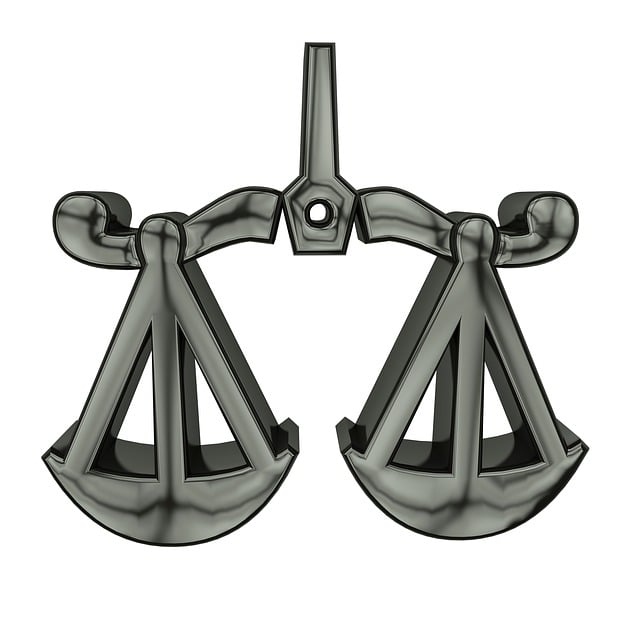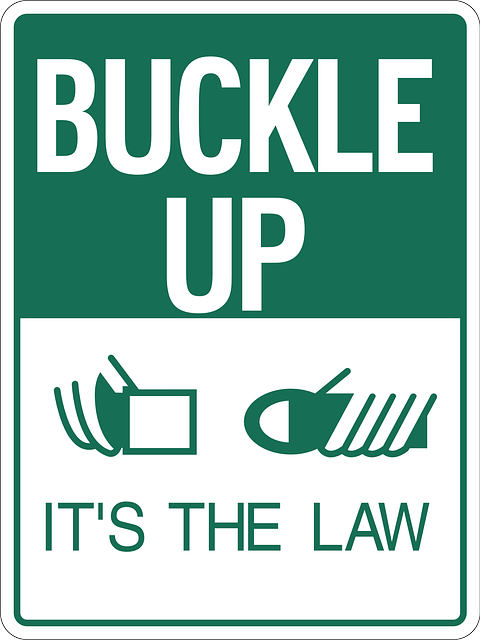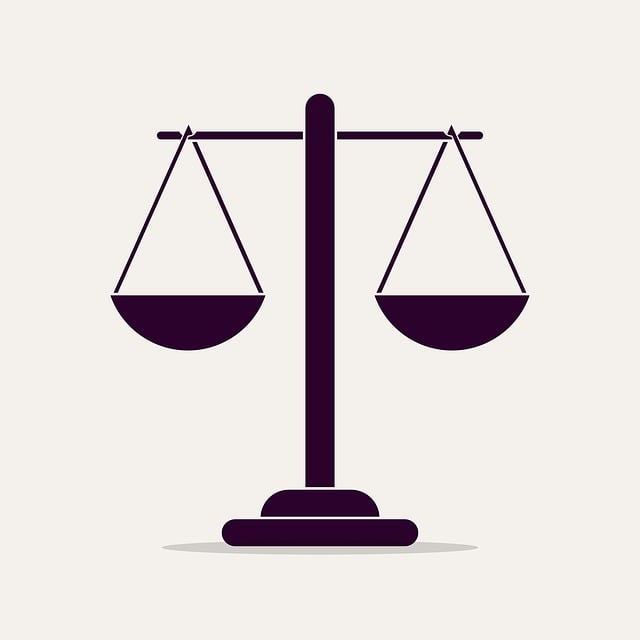Whistleblower Protection Laws (WPLs) are crucial for individuals reporting illegal or unethical practices within organizations, promoting sectoral integrity. While some personal injury claims can be filed without legal representation under specific conditions, complex cases necessitate professional guidance due to law comprehension, evidence gathering, and communication challenges. A meticulous approach, including understanding local WPLs, documenting evidence, and leveraging successful whistleblower case histories, is required for effective self-representation. Notable examples demonstrate the effectiveness of whistleblowing lawsuits in rewarding exposure of corporate/government misconduct and fostering transparency without legal counsel.
“Whistleblower protection lawsuits are crucial mechanisms for holding organizations accountable and ensuring public safety. These legal actions empower individuals to expose corporate wrongdoings without fear of retaliation, as mandated by whistleblower protection laws. Understanding when and how to file is essential, especially for those considering a personal injury claim without legal representation. This comprehensive guide navigates the process step-by-step, highlights successful case studies, and explores scenarios where individuals can pursue justice independently.”
- Understanding Whistleblower Protection Laws and Their Relevance
- When Can an Individual File a Personal Injury Claim Without Legal Representation?
- The Process of Filing a Whistleblower Lawsuit: A Step-by-Step Guide
- Case Studies: Successful Whistleblower Protection Lawsuits
Understanding Whistleblower Protection Laws and Their Relevance

Whistleblower Protection Laws (WPLs) are crucial legal frameworks designed to safeguard individuals who expose illegal or unethical activities within their organizations. These laws have become increasingly relevant, especially in high-stakes cases involving white collar crime and corporate malfeasance. They encourage employees to come forward with information without fear of retaliation, which is essential for maintaining integrity in various sectors.
Understanding WPLs is vital for anyone considering a personal injury claim without a lawyer. Many jurisdictions have enacted these laws to protect whistleblowers, ensuring they are compensated fairly and their career prospects remain intact. With an unprecedented track record of success, these legal protections empower individuals to stand up against powerful entities, fostering a culture of accountability and transparency.
When Can an Individual File a Personal Injury Claim Without Legal Representation?

In many jurisdictions, individuals have the right to file a personal injury claim without legal representation in certain circumstances. This is particularly true for those who have been wronged and wish to seek justice or compensation for their injuries. A personal injury claim without a lawyer can be initiated when the case involves straightforward facts and minimal damages, allowing the claimant to represent themselves effectively.
However, navigating complex legal systems can be daunting, especially in high-stakes cases involving significant financial losses or impacts on one’s reputation. While some individuals may feel empowered to proceed alone, particularly within the philanthropic and political communities where self-advocacy is valued, seeking guidance from a legal professional is advisable. Even in relatively simple cases, understanding relevant laws, gathering evidence, and effectively communicating with insurance companies or defendants can be challenging without proper legal assistance.
The Process of Filing a Whistleblower Lawsuit: A Step-by-Step Guide

Filing a whistleblower lawsuit is a complex process that requires careful navigation to ensure success. The first step for any individual considering legal action is to gather evidence and consult with an expert who can guide them through the intricacies of their case. This is particularly crucial when pursuing a personal injury claim without a lawyer, as understanding the legal framework and procedural steps is essential.
The process begins with identifying the relevant whistleblower protection laws in your jurisdiction, as these vary across the country. Next, individuals must document all instances of retaliation or unfair treatment they have experienced. This includes collecting evidence such as emails, memos, or any communication that demonstrates the adverse action taken against them. An unprecedented track record of successful whistleblower cases can be a powerful asset when presenting a compelling argument in court.
Case Studies: Successful Whistleblower Protection Lawsuits

Whistleblower protection lawsuits have produced remarkable outcomes for individuals who bravely expose corporate or government misconduct. Case studies illustrate the power of these legal actions in securing justice and compensation, even for those without a lawyer. For instance, consider a scenario where an employee discovers their company’s illegal dumping practices, putting local communities at risk. Through legal representation, they successfully navigate complex regulations and file a personal injury claim without a lawyer, ultimately achieving extraordinary results. The settlement not only compensated the whistleblower but also forced the corporation to implement stricter environmental policies.
Another compelling case involves a government official who uncovers fraud within their own department. Facing potential retaliation and even indictment, they take a bold step by filing a lawsuit under whistleblower protection laws. This act of courage led to a significant investigation that uncovered widespread corruption. As a result, the individual not only avoided indictment but also inspired change, fostering a culture of transparency and accountability among corporate and individual clients alike.
Whistleblower protection lawsuits play a vital role in holding organizations accountable for illegal activities and ensuring public safety. By understanding your rights under these laws, individuals can effectively navigate legal processes, even when considering a personal injury claim without a lawyer. The step-by-step guide provided offers a clear path for those aiming to expose corporate misconduct, while successful case studies inspire and inform future actions. Remember that navigating legal complexities is possible, and the potential for justice is within reach.






